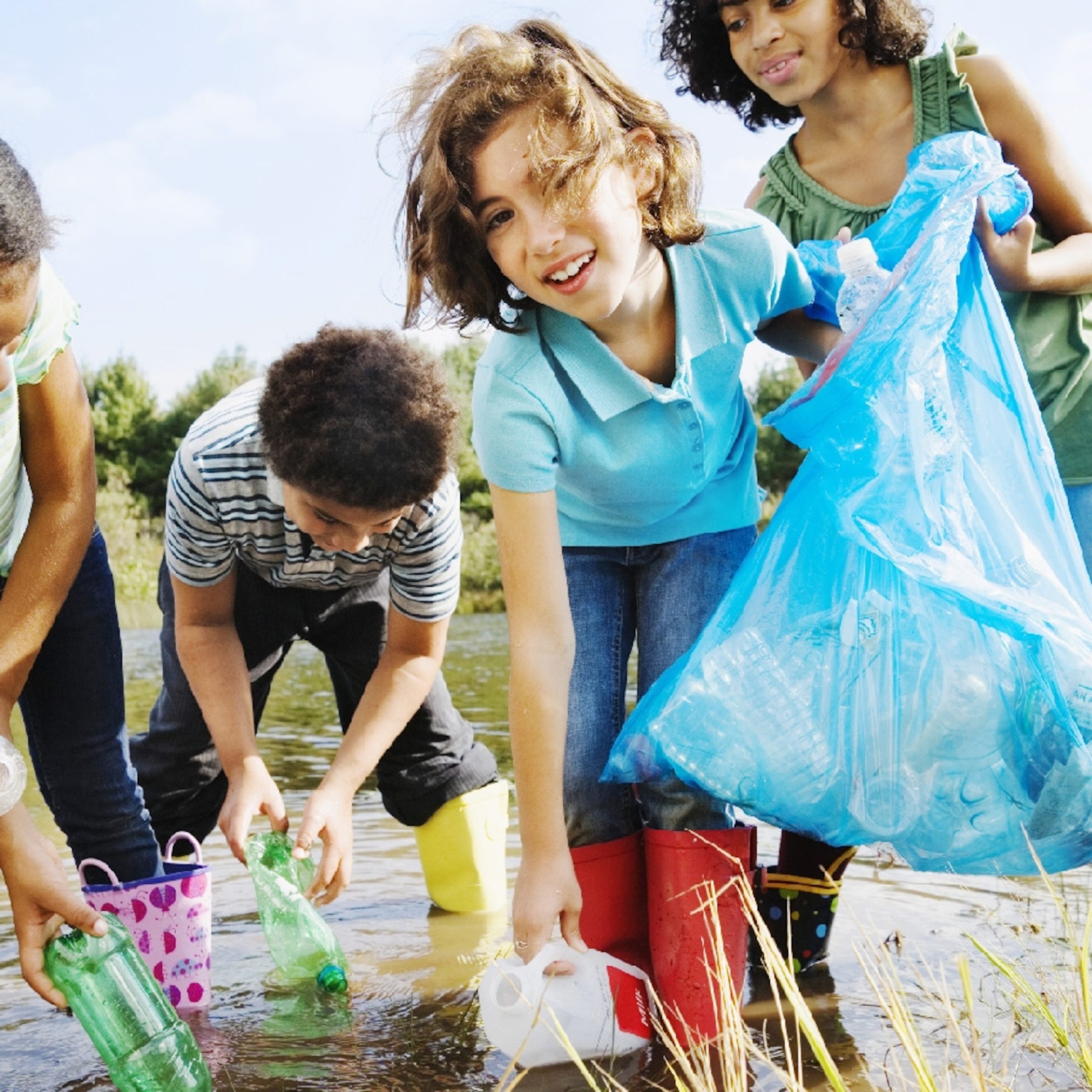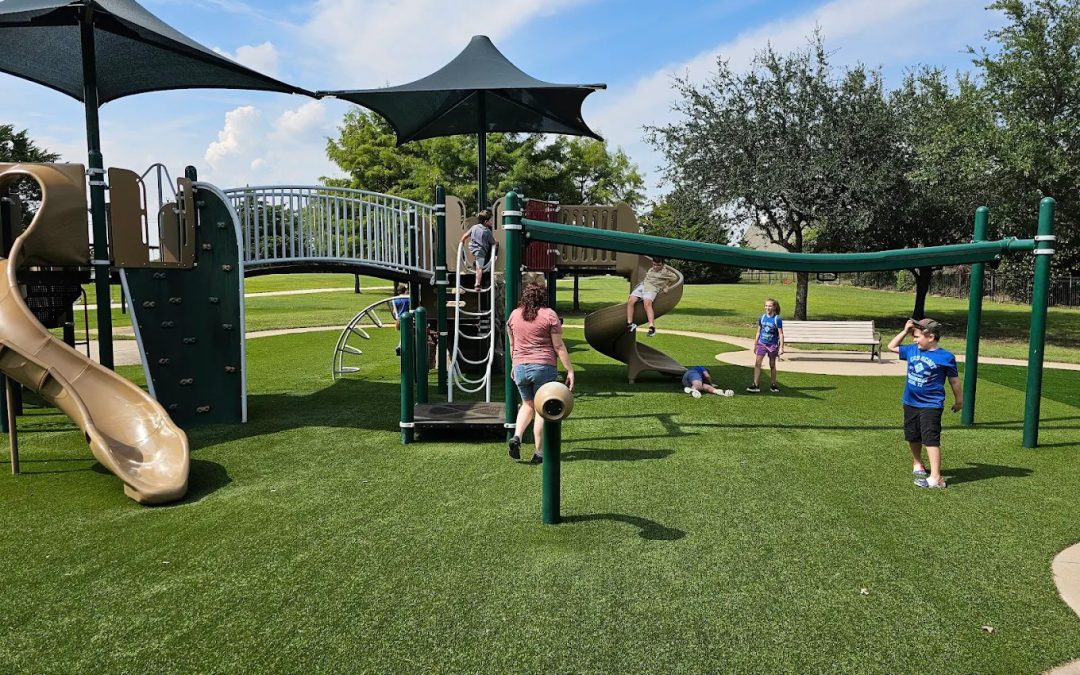As Earth Day approaches on April 22nd, communities worldwide are gearing up to participate in what has become the largest civic observance globally, with over a billion people expected to take part in environmental protection activities. This year’s celebrations come at a critical time when climate scientists continue to warn about the urgent need for collective action to address environmental challenges facing our planet.
The History
Born from grassroots activism in 1970, Earth Day began when U.S. Senator Gaylord Nelson from Wisconsin organized nationwide demonstrations to raise awareness about pressing environmental issues. The movement’s immediate impact was profound, leading to the creation of the Environmental Protection Agency that same year. What started as an American initiative has blossomed into an international phenomenon observed in more than 140 countries, demonstrating how environmental consciousness has become a shared global priority over the past five decades.
Make an Impact
Environmental experts point to waste reduction as one of the most accessible ways that everyday citizens can make a meaningful impact. Americans generate enough trash annually to fill garbage trucks that would stretch halfway to the moon, with everyday items taking surprisingly long to decompose—cardboard toilet paper tubes require two months in landfills, while plastic bottles can persist for over 450 years. Local recycling advocates suggest simple alternatives like repurposing household items into crafts or planters, checking libraries before purchasing books, and being more mindful about consumption habits.
Community conservation leaders are particularly concerned about deforestation rates, with researchers estimating that approximately 15 billion trees are cut down globally each year. Neighborhood tree-planting initiatives offer multiple benefits: Trees absorb carbon dioxide while releasing oxygen, provide wildlife habitats for creatures from squirrels to owls, and can even reduce cooling costs by providing natural shade during warmer months. Local environmental groups are organizing several community tree-planting events throughout the coming week, with volunteers encouraged to bring their families to help restore green spaces throughout our area.
Energy Conservation
Energy conservation represents another area where neighborhood residents can contribute significantly to environmental protection. Many households unnecessarily leave lights on during daylight hours, consuming electricity often produced from fossil fuels that contribute to climate change. While our region has been gradually increasing renewable energy sources like wind and solar power, energy experts recommend focusing on conservation first—using only what’s needed and being conscious about unnecessary electrical usage throughout the day.
Water conservation specialists remind us that despite Earth appearing water-rich, less than one percent of the planet’s water is actually available for human use, with the remainder being either too salty or inaccessible. Simple behavioral changes can yield surprising results—turning off the faucet while brushing teeth saves up to eight gallons daily per person. Local water authorities also suggest challenging family members to take shorter showers while still maintaining proper hygiene, a practice that could save thousands of gallons of water annually per household.
Volunteering
Volunteering time toward environmental causes has become increasingly popular in our community, with neighborhood clean-up events drawing record participation last year. Conservation coordinators are currently seeking volunteers to help with trash collection at local parks, organize recycling drives, and facilitate environmental education events. These activities not only benefit our local ecosystem but also foster community connections and provide opportunities for neighbors to meet while working toward a common cause.
Spreading environmental awareness completes the circle of conservation strategies, with communication specialists noting that behavioral changes often spread through social networks. Residents are encouraged to share their environmental practices with friends and family, organize nature outings that reconnect people with the outdoors, or host informal gatherings to discuss practical conservation strategies. Community leaders emphasize that environmental protection scales exponentially—the more people involved in even small actions, the greater the collective impact on preserving our planet for future generations.






